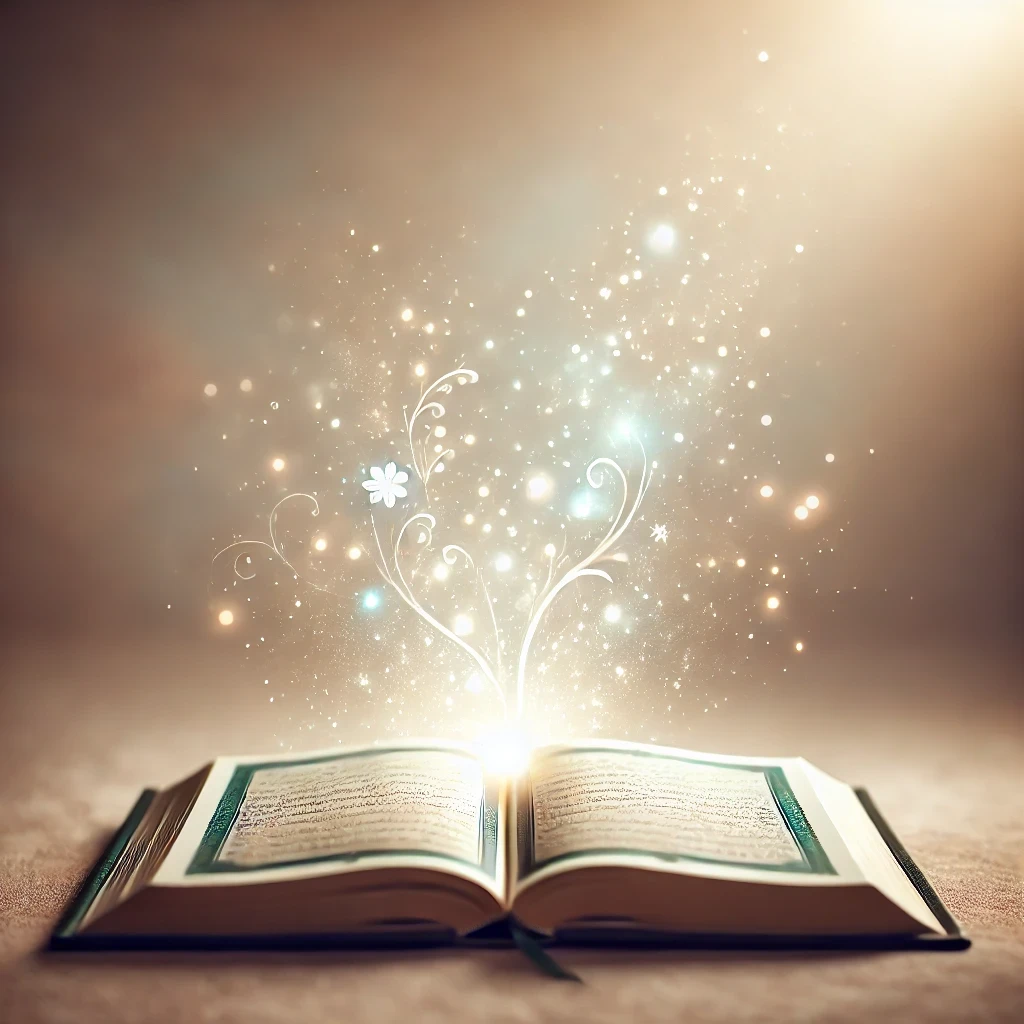What is Ruqyah?
Ruqyah, often referred to as spiritual healing or incantation, is an Islamic practice that involves reciting specific verses from the Quran and supplications to seek Allah’s protection and cure for various spiritual and physical ailments. Rooted deeply in Islamic tradition, Ruqyah is recognized as a powerful tool to ward off evil, break curses, and alleviate conditions that may be caused by the evil eye, envy, or possession by jinn. Practicing Ruqyah is also an act of seeking refuge in Allah’s words for protection and well-being.
Types of Ruqyah: Shariah-Compliant Healing
In Islam, Ruqyah is categorized into two main types: Ruqyah Shariah and Ruqyah that is forbidden. Ruqyah Shariah, also known as Ruqyah Sharia or Ruqyah Islam, is a form that aligns with Islamic principles, drawing only on Quranic verses, prophetic traditions (hadith), and prescribed supplications. This method strictly avoids any form of shirk (associating partners with Allah), magic, or superstitious practices, which are prohibited in Islam.
The concept of Ruqyah Shariah emphasizes the importance of relying solely on Allah and using the guidance provided in Islamic scripture to seek healing. Muslims are advised to practice Ruqyah in a manner that is respectful and mindful of Islamic teachings, maintaining the purity and purpose of the practice.
Ruqyah Meaning and Significance
The word Ruqyah itself means “incantation” or “charm.” It is a healing technique recognized by scholars, rooted in the idea that Quranic verses and specific duas (supplications) carry a spiritual power that can protect individuals from harm. Through Ruqyah, believers place their trust in Allah, seeking His mercy and protection from harm that may be unseen or intangible, such as negative spiritual influences.
How to Read Ruqyah
Reading Ruqyah involves reciting specific Quranic verses and authentic duas. Some of the most commonly recited verses include Al-Fatihah (the Opening), Al-Baqarah (especially Ayat-ul-Kursi), Al-Ikhlas, Al-Falaq, and An-Nas. These verses and chapters are believed to have protective qualities, shielding the individual from harm and purifying their surroundings.
For those learning how to read Ruqyah, it’s important to do so with a clear intention (niyyah) and to be in a state of cleanliness, ideally with ablution (wudu). The individual reciting Ruqyah should be sincere in their faith, fully relying on Allah for help and guidance.
Ruqyah Dua and Duas for Protection
Alongside Quranic recitations, there are specific Ruqyah duas that are recommended for protection and healing. These duas are often supplications that the Prophet Muhammad (peace be upon him) recited to seek Allah’s refuge from harm. Examples include:
- “A’udhu billahi min ash-shaytan ir-rajim” – Seeking protection from Satan.
- “Bismillah al-ladhi la yadurru ma’asmihi shay’un fi al-ardi wa la fi as-sama’i wa huwa as-sami’ul-‘alim” – Seeking Allah’s protection from all harm on earth and in the heavens.
- “Hasbiyallahu la ilaha illa hu ‘alayhi tawakkaltu wa huwa rabbul-‘arshil-‘azim” – Entrusting oneself to Allah’s protection.
These Ruqyah duas, alongside Quranic verses, provide a comprehensive approach to seeking healing and protection, reinforcing one’s faith and connection to Allah.
Ruqyah Arabic Recitations and How to Perform Ruqyah
Ruqyah is traditionally performed in Arabic, as the words of the Quran and original supplications hold specific meanings and sound that are believed to amplify their effectiveness. However, those who may not understand Arabic are encouraged to learn the meanings behind the verses and supplications to deepen their connection and understanding.
To perform Ruqyah, follow these steps:
- Purify Intentions – Begin with a sincere heart, seeking Allah’s help for protection and healing.
- Recite Quranic Verses – Start with Surah Al-Fatihah, Ayat-ul-Kursi, and then Surah Al-Ikhlas, Al-Falaq, and An-Nas.
- Supplications (Duas) – Incorporate authentic duas for protection, such as those mentioned earlier.
- Blow Lightly – Some scholars recommend gently blowing over oneself or over water that can be used for drinking or washing, as the Prophet Muhammad (peace be upon him) sometimes did during Ruqyah.
- Place of Tranquility – Perform Ruqyah in a peaceful and clean place where you can focus and avoid distractions.
Embracing Ruqyah as a Source of Healing
Ruqyah serves as a reminder of the mercy and power of Allah, encouraging Muslims to turn to Him in times of difficulty. Through the recitation of Ruqyah Shariah and specific duas, believers can find peace, protection, and a way to overcome various spiritual and physical challenges. This practice is a beautiful expression of reliance on Allah and embodies the holistic approach to well-being found within Islam.








 AUD
AUD
 GBP
GBP
 EUR
EUR
 CAD
CAD
 SGD
SGD
 MYR
MYR



